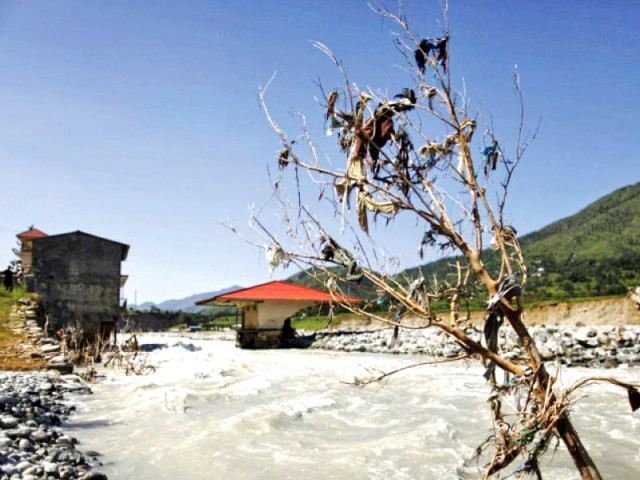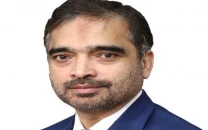India unlikely to attend crucial climate change huddle
Pakistan, other countries may be promised funds to improve environment.

Top officials of the United Nations confirmed on Monday that Indian premier would not attend a crucial summit of world leaders on climate change, in a setback to the expected global climate deal in Paris next year aimed at reducing greenhouse gas emissions and releasing funds for improving the environment.
“Indian Prime Minister Narendra Modi will not attend the UN summit on climate change,” said Daniel Shepard, Climate Change Focal Point and Public Information Officer/Development Section of the UN Department of Public Information, while replying to queries from media persons during a video conference.
“We understand that the Indian premier is ambitious and actions are under way. The UN is aware of the personal interest of him and is confident that India will become part of the solutions for the Paris climate deal,” he added.
Reports were appearing that Chinese President Xi Jinping may also not join the huddle, being organised in New York on September 23 by UN Secretary General Ban Ki-moon to encourage fresh steps to pave the way for the signing of the global climate deal next year.
Heads of state of about 125 countries including US President Barack Obama are expected to attend the meeting, but it may lose its significance because of the absence of Indian prime minister.
Shepard pointed out that there would be ambitious plans to move forward and take action to reduce emissions. The world leaders would also come to know about the actions already taken to improve the climate and also the economically viable and sustainable alternatives, he said.
According to him, countries like Pakistan may also have commitments of financing to improve the climate.
“The summit will mobilise private and public sectors in a much clear way and will engage development banks to help finance developing countries,” he said, adding a number of transport companies would participate, which could be encouraged to finance the energy sector.
“There may be commitments of financing from the developed countries as well including the US and Japan as well as China.”
There will be no specific mechanism for carbon financing, but the summit participants will hold discussions about green bonds and explore other avenues to address climatic problems.
The summit, which will have no official outcome, will be a place to create conditions to move towards the global climate agreement.
Daniel Thomas, Senior Public Information Officer, Climate Change Team of the UN Secretary General, said the climate summit would provide an opportunity to engage the world leaders to raise political will.
“The heads of state will discuss what actions different countries have taken and what steps were to be taken to tackle the challenges of climate change,” he said, adding the summit would raise the level of ambition to reduce carbon emissions.
He declared that a record number of heads of state, business leaders and civil society activists would take part in the conference, showing the level of interest in addressing the issues of climate change.
“Climate change is affecting the economies of the world and lives of the people. Improvement in the climate will change business conditions, help explore new job opportunities and improve the life of people for a sustainable future,” he added.
“World leaders will discuss the challenges in agriculture, energy (renewable energy), forestry and financing,” he said, women voices would also be there. Ambassador Shahid Kamal said Pakistan would also hold a summit on September 22 to discuss the impact of climate change and focus on financing and water issues in the country.
Published in The Express Tribune, September 9th, 2014.
Like Business on Facebook, follow @TribuneBiz on Twitter to stay informed and join in the conversation.



















COMMENTS
Comments are moderated and generally will be posted if they are on-topic and not abusive.
For more information, please see our Comments FAQ